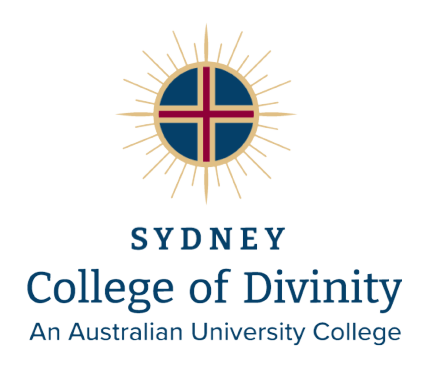H8110 – The Early Church
Unit Code
H8110
Unit Name
The Early Church (postgraduate)
Unit Weighting
9 Credit Points
Type of Unit
Foundational
Prerequisites, corequisites or exclusions
Nil
Academic Staff
Rev. Dr. Samuel Fanous BCommerce/Laws (USYD), MBBS (Notre Dame), MTh (UON),
Curriculum Objectives
This course unit is designed to provide students with an overview of the early centuries of Christian history. It will furthermore equip them with the critical tools necessary in order to understand historical phenomena and circumstances related to the early Church.
Learning Outcomes
At the end of this course unit, students should be able to:
1. distinguish and assess the various social, cultural and religious factors in the history of the early Church
2. critically expound the key contributions of leading figures and significant events in the early Church
3. give a thorough analysis of the literary representation of Christians, both by themselves and others, in the early Church
4. assess and construct the mentalities of the various religious and cultural groups in this historical period (Christian, Jewish, and pagan), especially in relation to their view of the early Church
5. apply the findings of a study of primary sources and secondary studies on the early Church to present historical discussion on the period.
During this course unit, students may acquire the following threshold concept. This concept is fundamental to a proper understanding of the unit or course. It is essential for further progress in the discipline. It is often troublesome for students: Students need to be able to grasp the concept that history is not just a chronological description of events but involves an interpretive element and a range of methodological approaches.
Content
1. Studying the early Church in context; methodology and historiography
2. Religious, cultural and social backgrounds of the early Church
3. The relationship between the early Church and the Roman state; Jewish, pagan and Christian perceptions
4. Persecution and the phenomenon of martyrdom
5. Internal tensions within the early Church; orthodoxy and heresy
6. Aspects of an emerging Christian worldview
7. The ‘ triumph‘ of the Church: Constantine, Fathers, councils
8. The Church in a declining Empire
Unit Weekly Schedule
| Week 1 | Introduction to course unit; Early Church History sources; historicity and methodological approaches. |
| Week 2 | The early Christian community; worship, life and organisation. |
| Week 3 | The Jewish context; Paul and the break with historical Judaism |
| Week 4 | The persecuted Church; the era of martyrdom, their literature and influence on Church life. |
| Assignment/Task 1 | |
| Week 5 | The School of Alexandria; theology, philosophy and the interpretation of Scripture |
| Week 6 | Defending the Church; Apologists and their opponents; Justin Martyr, Irenaeus and Tertullian |
| Week 7 | Boundaries Defined; the challenge of dynamic orthodoxy; Gnosticism, Marcionism, Manicheism and Montanism |
| Week 8 | The Rise of Christianity; Constantine and the Imperial Church |
| Assignment/Task 2 | |
| Week 9 | Retreating to the Desert; The Origins of Monastacism and Monastic Literature |
| Week 10 | New Theological Challenges; St Athanasias and the Arian heresy |
| Week 11 | The Christological Controversy; St Cyril, Nestorius and a divided Church |
| Week 12 | The Western Church: Ambrose, Augustine and the beginnings of Medieval Christianity |
| Assignment/Task 3 |

